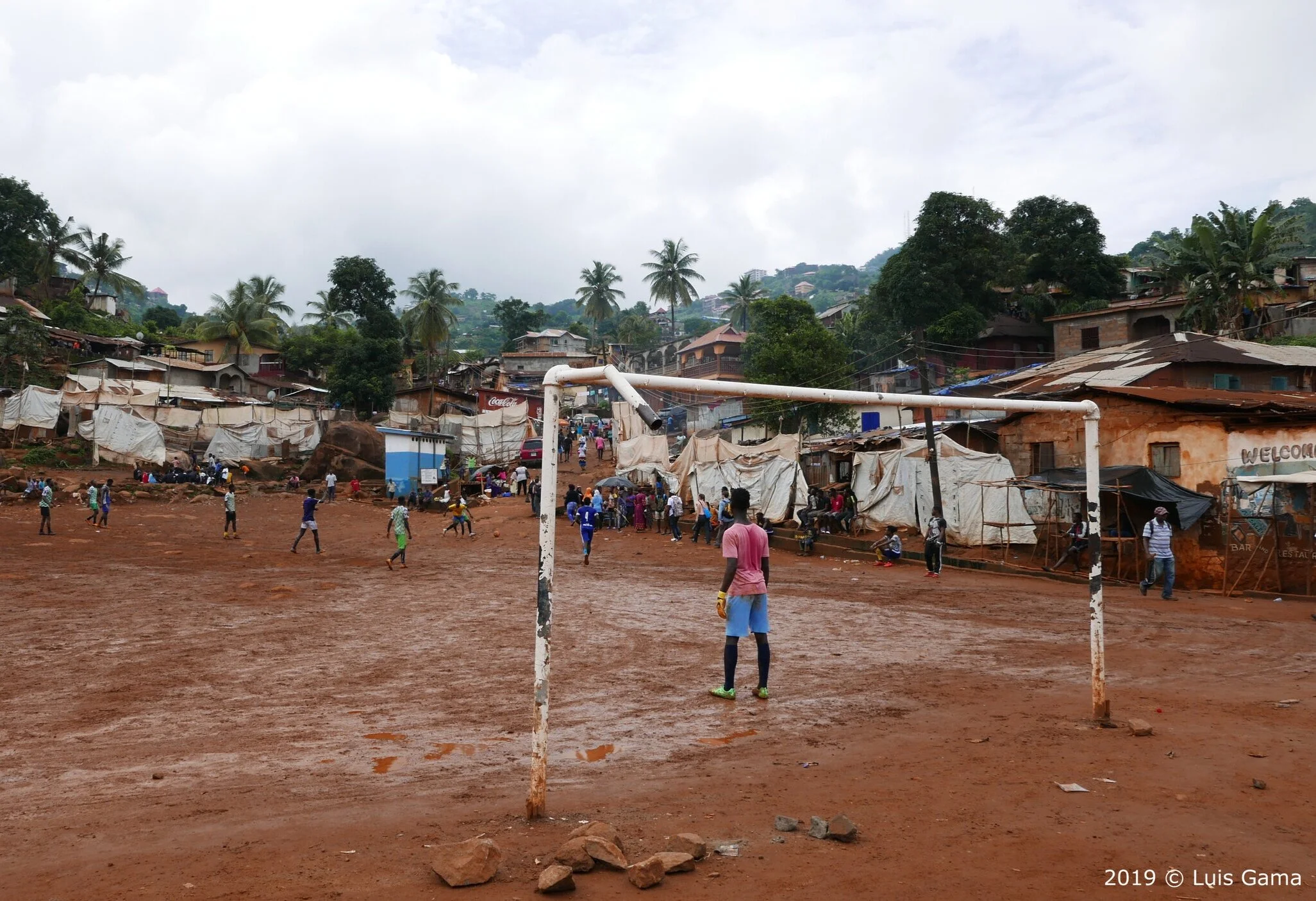Our Mission
MIT SIS is a multidisciplinary group of students and fellows at the Department of Urban Studies and Planning (DUSP) dedicated to research and advocacy in slums and informal settlements of the Global South.
We aspire to reach and connect all regions of the Global South (Latin America, South Asia, Middle East and North Africa, Sub-Saharan Africa, and South-East Asia), respecting their particular regional histories, and facilitating south-south knowledge exchange.
MIT SIS seeks to:
Problematize and redefine hegemonic categories such as "expert knowledge" or "development";
Seek and sustain situated partnerships across the globe;
Create space for increasing leadership by and for historically marginalized populations, particularly slum dwellers;
Acknowledge diversity and intersectionality in slum dweller’s identities;
Dispute hegemonic assumptions, such as the equating slums and slum dwelling to “sickness”, “laziness” or even “poverty;”
Challenge historical urban policies and political narratives tied to colonialism, extractivism, top-down development, evictions and displacements, capitalist exploitation, and land speculation.
Transcend disciplinary boundaries and create transdisciplinary research that cuts across sociology, medicine, biology, urbanism, and public health, among other fields.
What We Do
Within the field of Urban Studies and Planning, slums and informal settlements are the spatial representation of our world’s most complex urban struggles. While presenting highly heterogeneous characteristics across the world, one unifying feature is that they are faced with a unique set of challenges that can be directly linked to structural issues of inequality and extreme wealth. Every day, its residents face hardships stemming from deep-rooted structural issues of inequality in the form of difficulty accessing basic sanitation services, high density living quarters, and constant economic insecurity. Because of this, we seek long-lasting, respectful relationships that contribute to the wellbeing of all parties involved. We strive to always create space for those historically marginalized to lead our collaborations through the expert knowledge that comes from their embodied experience.
The MIT Slums and Informal Settlements (MIT SIS) Research Group engages in qualitative participatory research with slum dwellers and other development actors. Daily hardships in slums and informal settlements are directly linked to deep-rooted structural issues of inequality, stigmatization, and uneven development. Established in 2020, MIT SIS grew out of a dire need to address these structural issues and the gaps in knowledge that were elucidated in the wake of the COVID-19 pandemic.
